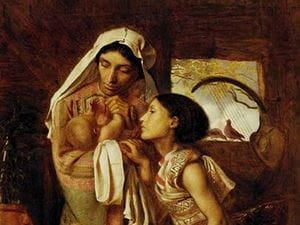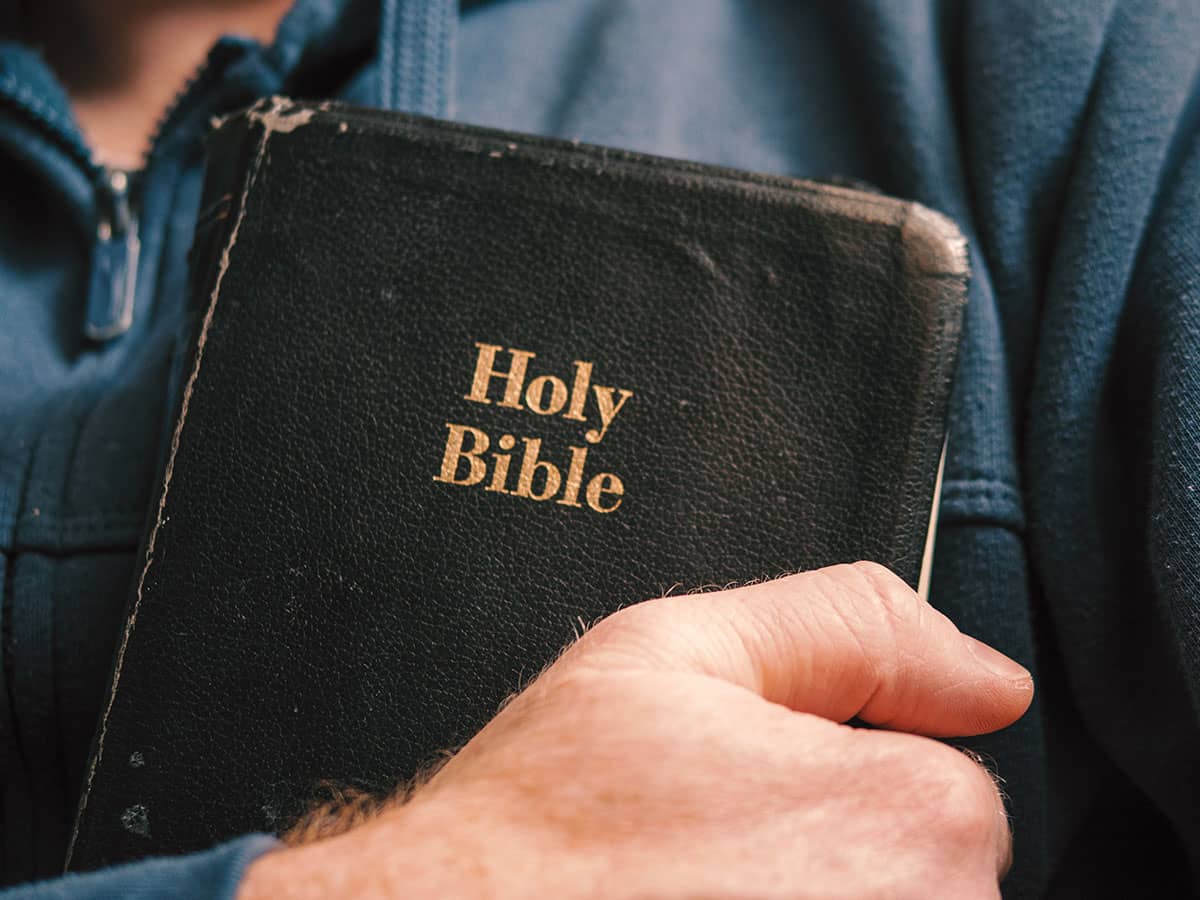
Moses is one of the most famous figures in the Old Testament. Abraham is called the “Father of the Faithful” and received God’s unconditional covenant of grace to His people, but Moses was chosen to redeem his people. God purposefully chose Moses to lead the Israelites from enslavement in Egypt to deliverance in the Promised Land.
Moses is also called the mediator of the Old Covenant, commonly called the giver of the Law. He’s the principal writer of the Pentateuch, the introductory books of the Bible. His role in the Old Testament is similar to Jesus’ role in the New Testament, so his life is worth examining. When Moses’ was born, his parents, Amram and Jochebed, hid him until he was three months old. Let’s delve deeper into the story of Moses’ mother, Jochebed.
Who was Moses’ mother?
Jochebed, Moses’ mother, was a Hebrew woman living in slavery in Egypt, the daughter of a Levite. She married another Levite, Amram. Exodus 6:20 tells us that Amram is Jochebed’s nephew, making her his wife and aunt. We know that Moses was born after they were married because Jochebed already had a daughter, Miriam, who was old enough to be a lookout during Moses’ infancy. Along with Miriam and Moses, Jochebed had at least one other son, Aaron.
Moses was born in a turbulent time for Israelites in Egypt. The king ordered midwives to kill all Hebrew boys when they were born, leaving only girls to live. This decree was Pharoah’s attempt to control the Israelite population, who were growing in numbers in Egypt, according to Exodus 1:8-16. However, many households rebelled against this murderous decree. The Hebrew midwives didn’t want to participate in infanticide and tricked Pharoah to avoid killing the baby boys.
Jochebed hid Moses in a basket made of bulrushes and set him afloat in the Nile River to save his life. Even Pharoah’s daughter disobeyed the law when she discovered Moses in the basket and took pity on him, adopting him as her child. Moses was raised as Pharoah’s daughter’s son, and she named him. In a beautiful example of God’s mercy and providence, Jochebed became Moses’ nurse, and the king paid her for her service.
The Bible mentions Jochebed again in Numbers 26:59 but doesn’t give any other information about her. However, the Qu’ran tells how Jochebed decided to hide Moses with slight variations in the specifics of the biblical story. Still, the Qu’ran adds details about Jochebed’s pregnancy that the Bible doesn’t verify.
The rest of Moses’ life.
As Moses grew up, he started to empathize with his people’s plight, and when he saw an Egyptian beating an elderly Hebrew enslaved person, Moses stepped in and killed the Egyptian. In another confrontation, Moses tried intervening in a fight between two Hebrews. However, one of them scolded Moses, saying, “Will you kill me like you did the Egyptian?” detailed in Exodus 2:14.
Realizing what he had done, Moses ran away to Midian, where he intervened again on behalf of Jethro’s daughters, rescuing them from some bandits. To thank him, Jethro gave Zipporah, his daughter, permission to marry Moses. He would go on to live in Midian for 40 years.
The following significant incident in Moses’ life was meeting with God at the burning bush, where God called him to be His people’s savior, detailed in Exodus 3-4. Despite his asking God to send someone else and hesitance, Moses agreed to obey God. God promised Moses that He would send Aaron with him.
The rest of the story is relatively well-known. Moses and Aaron go to Pharoah in God’s name, demanding him to let the people worship God. Pharoah refuses, and ten plagues fall upon Egypt and its people, the last plague being the killing of the firstborn. Before the last plague, God commanded Moses to start the Passover, commemorating God’s saving act in redeeming His people from enslavement in Egypt.
After the exodus, Moses led his people to the Red Sea, where God gave another miracle by parting the Red Sea, allowing the Hebres to get to the other side while drowning the Egyptian army. Exodus 19-24 tells us how Moses brought them to Mount Sinai, where the Old Covenant was created between God and the new nation of Israel and the Law was given.
According to Deuteronomy, Moses gives numerous speeches to the people to remind them of God’s faithfulness and saving power. Though prohibited from entering the Promised Land due to a sin at Meribah, he prepares the next generation of Israelites to receive God’s promises. At the end of Deuteronomy, Moses climbs to the top of Mount Nebo to see the Promised Land. He was 120 years old when he died; the Lord buried him, and Joshua took his place as the leader of the people. Deuteronomy 34:7 says his “eye was undimmed and his vigor unabated.”
Jochebed’s courageous decision.
How could Jochebed bring herself to send that basket down the Nile? As she watched the basket float away, she showed great courage that wasn’t in her ability to save her young son’s life. Her decision required her to follow a plan that didn’t have answers yet. Still, she sent her baby away into God’s care and away from her protection. This level of trust only comes from someone who has built a genuine faith in God. Jochebed’s confidence in God showed in her actions.
If Jocehbed had continued hiding Moses and tightened her grip, she wouldn’t have experienced what came afterward. God rewarded her trusting obedience with a miracle when Pharoah’s daughter picked Moses up from the basket. Not only did she adopt Moses, but she also sent his sister to get Jochebed to be his nursemaid.
Jochebed’s decision to put Moses in that basket and set him afloat on the Nile River must have been difficult. However, she knew it was necessary to save her son. Because of her sacrifice, Moses went on to do great things with his life. In Hebrew, Jochebed means “Jehovah glorified.” In this context, glorified means “to make glorious.” Jochebed’s actions lived up to her name. By trusting Jehovah, His name was made glorious to endless generations.

